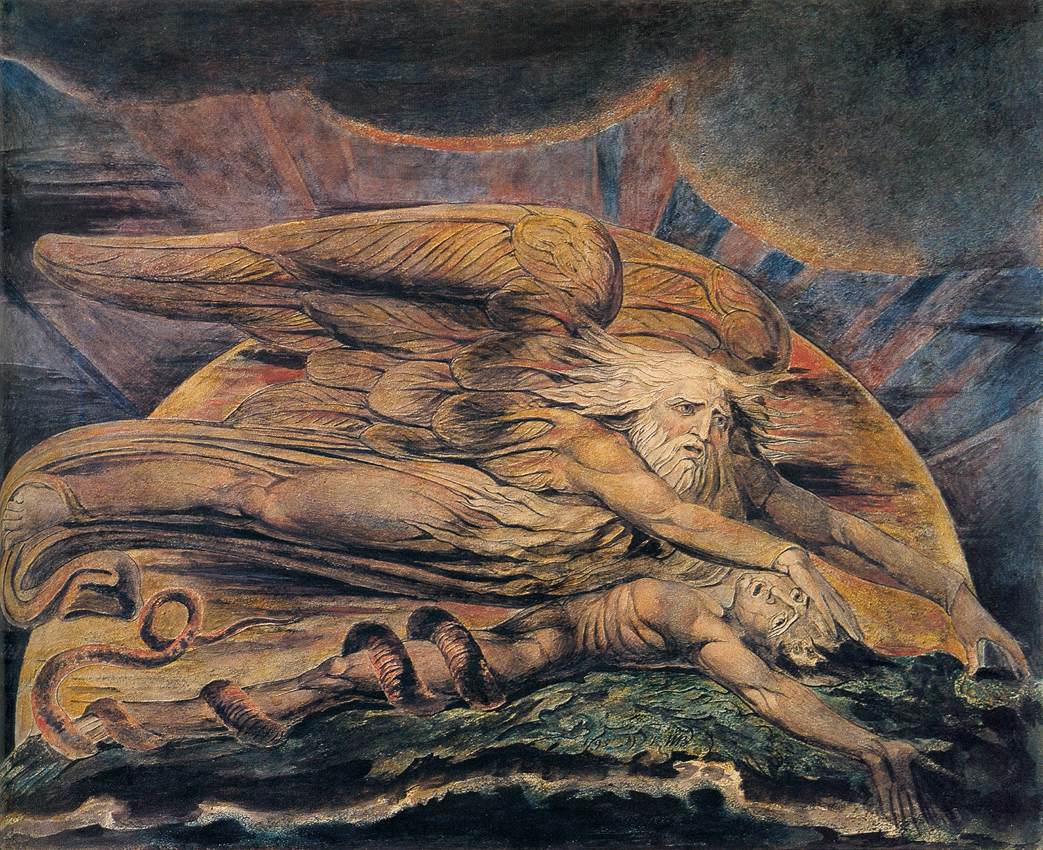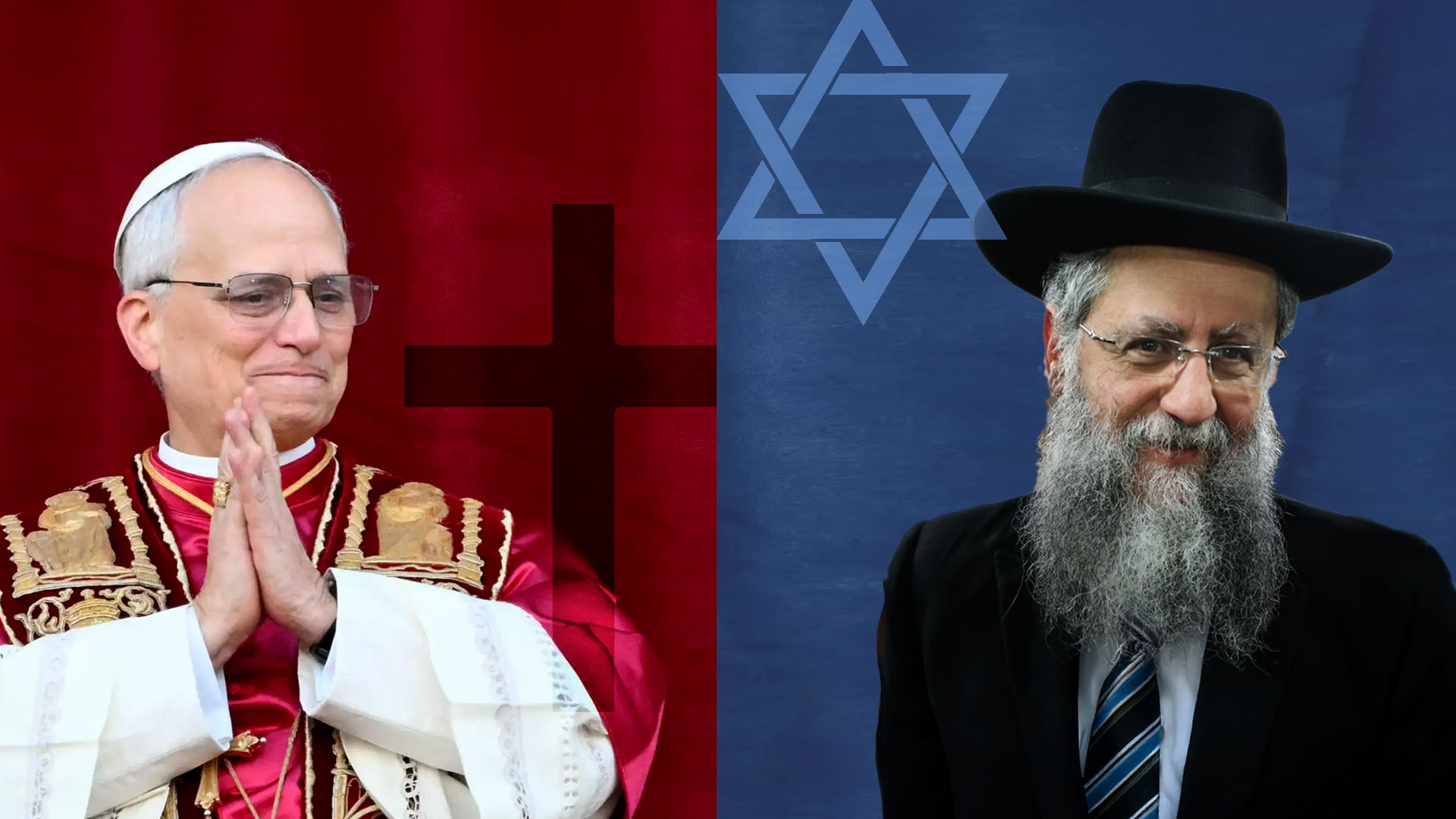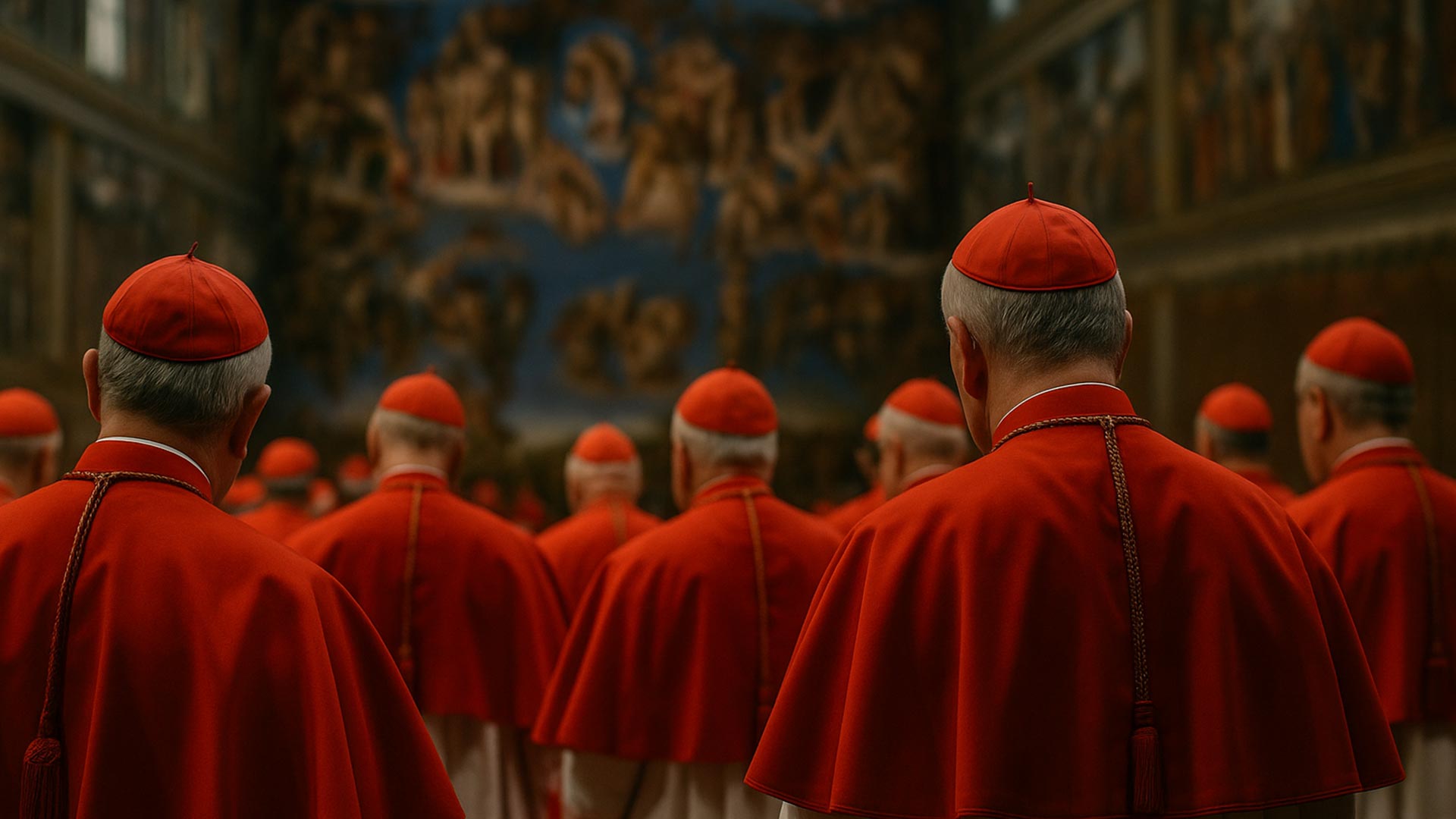The fundamental matter of the Old Testament is the following: does that set of ancient texts really speak of God? Does the Old Testament really talk about that spiritual, eternal, transcendent, omnipotent, omniscient God described by theology – and in which theology asks us to believe? Is this entity something clearly established and documented with certainty in those pages?
Careful readers of the so-called Sacred Text, together with unbiased scholars, will know that the answer is far from unequivocal and that the text poses questions and doubts that are inescapable.
In this sea of doubts, as a translator of biblical Hebrew, I state with certainty that the Old Testament speaks of the Elohim and, in particular, of the events involving one of them, whose name is Yahweh.
I must clarify that Biblical Hebrew does not have a term for God in the commonly understood sense: this term is not present because the underlying concept did not exist either. First of all, I would like to emphasize that Elohim is undeniably a plural term, and it indicates a group of individuals to which the Bible’s protagonist belongs: Yahweh. Yahweh is the character whom spiritualist doctrines have improperly transformed into ‘God’.
But what did these Elohim look like? Who were they?
In order to understand the series of the events narrated in the Old Testament, I will try to summarise the fundamental features of these characters.
I would like to point out that no one knows for sure what the term Elohim means. The currents of dogmatic and religious thought translate the word as God. That plural word had been translated in all possible ways, precisely because of the real lack of knowledge surrounding it: the almighty, those from above, the luminous, the judges, the lawgivers… but none of these terms, used individually, can accurately define this word.
Again, as an official Hebrew translator, I can say at once that the biblical Elohim were not one single being, let alone God. Rather, they were a plurality of material, flesh-and-blood individuals. A multitude which is clearly and unequivocally mentioned in numerous passages of the Old Testament (Exodus 3,12 et seq.; Exodus 15,5 et seq.; Exodus 18,11 et seq.; Deuteronomy 6,14 et seq.; Deuteronomy 13,7 et seq.; Deuteronomy 32,17 et seq.; Jeremiah 7,18).
The Elohim represented a military hierarchy that divided the planet into spheres of influence, as instructed by their commander whom the Bible calls Elyon (Deuteronomy 32, “the one who is above, the one who commands”). They divided the Earth into governorates in which the peoples were assigned to individual Elohim. The Bible unequivocally calls them by their names: Yahweh, Milkom, Kamosh, Dagon, Qosh and so on.
This organisation of soldiers/scientists/colonisers even had base camps in the border areas that they manned with their troops (Genesis 32.1 ff.) and they fought each other for the control of the territories (see the books of Joshua, Judges).
They lived a very long life, much longer than that of men, but they were indubitably mortal (Psalm 82), and therefore they were not eternal. We must clarify that the term ‘eternity’ does not even exist in biblical Hebrew. The term ‘olam‘, which is translated as ‘eternal’, actually denotes a ‘time whose duration is unknown’ so that each of our lives can be defined by this word, in fact each of our lives has a ‘le-olam‘ duration, i.e. it lasts ‘for an unknown amount of time’.
As it has been very well described in Erich von Däniken‘s writings, they were on our planet to achieve multiple and very concrete goals: they came to harvest the materials necessary for their technological development and, perhaps, also for the survival of their civilisation on their planet of origin. In order to achieve this, they intervened in the evolutionary process of living species (humans in particular) and periodically monitored their development. Perhaps this is also the reason why some did not leave and, in the past, they always promised that they would return.
The Elohim travelled on flying machines referred to in the Bible as ruach, kavod, merkavah, keruvim. Careful and detailed descriptions have been devoted to these objects in several chapters of von Däniken’s books and in my work.
The Elohim possessed fearsome weapons of destruction, such as those used in the destruction of Sodom and Gomorrah, two contended cities that passed from one military alliance to another, violating Yahweh’s orders (Deuteronomy 29, 23-25)

n the Bible, the Elohim are never regarded as ‘gods’: originally, they were the object of fearful respect and submission because of their great power, guaranteed by the technology they possessed which struck terror. Some of them were also feared for their cruelty, a characteristic of which the Old Testament bears unmistakable proof. Yahweh, called Ish milchama – ‘The Warrior’, (Exodus 15:3), had no qualms about ordering outright exterminations of defenceless people (the book of Joshua is rather telling in this regard).
Luckily, in the tales of peoples from all continents (from India to Greece, from China to America) we learn that among the Elohim there were also those who were involved in art, writing, music, architecture, agriculture, farming and public administration.
Moreover, these are the same tales that tell us the events involving the children of the stars known in all the continents of the planet.
The biblical Elohim were not concerned with matters such as religion in the modern sense of the term: the entity that is commonly referred to in the Bible as God never considered the idea of an afterlife; all the promises and threats he addressed to his people always referred exclusively to this earthly life.
Let us point out that the Old Testament narrates with unequivocal clarity that Yahweh was concerned exclusively with Jacob’s family and his descendants (the Israelites), while mankind was not part of his sphere of interest. Yahweh was not interested in the rest of mankind because it had not been assigned to him by the commander Elyon (Deuteronomy 32).
The Elohim had as a fundamental objective the definition of power structures over the territories on which the various civilisations later developed and, to this end, they wandered in search of lands and peoples they could dominate (Deuteronomy 32:17 et seq.).
Hindu, Greek, Chinese and Maya ancient populations narrate in their texts of those same events, and Plato as well recalls in his Dialogues the division of peoples made between the so-called gods.
These entities knew the laws of the cosmos and passed them on only to their most faithful followers, thus giving rise to castes of kings, governors and priests, the so-called ‘initiates’ of knowledge. This knowledge was, however, exquisitely scientific, concrete, technological, medical and material. In other words, knowledge that was useful for the everyday life of their rulers or for their specific needs as space travellers and colonisers.
The Elohim were legislators, since they dictated rules and regulations with complete decision-making autonomy. At the same time, they were rulers and ministers who took care of multiple aspects of power. They enforced the laws directly or through their proxies, such as Moses, Jethro (Moses’s his father-in-law), Aaron, Joshua, David, Solomon, etc.; these biblical characters were the judges chosen by the Elohim: they ensured compliance with the law and they assigned and enforced punishments.
The Elohim were clearly distinct from the Adams (the breed of humans they manufactured), and this distinction is clearly documented, among many other examples, by elements such as the following:
1
The Elohim ‘made’ the Adam (Genesis 1) through genetic engineering aimed at producing beings capable of understanding and carrying out orders, and capable of working. For example, the Elohim needed a workforce for the search and extraction of minerals in which the planet Earth is rich. These beings also needed the Adams to run their laboratories in which they carried out experiments and studies for the production of both plant-based and animal food (Genesis 2).
Concerning the verb we have used above, “they made”, I would like to stress that in biblical Hebrew there is no verb for “to create” understood as creating from nothing: “bara” simply means to intervene in an already existing object in order to modify it. This is precisely what they did with genetic engineering and cloning, as is clearly described in the way they produced Eve: a process that included anaesthesia, cell harvesting, suturing a surgical wound on the hip (not simply a rib) of Adam’s body, with the subsequent generation Eve as a suitable female for Adam (Genesis 2).
2
The Elohim mated with the Adam females (Genesis 6) in order to have an offspring. The latter then aroused the wrath of the Elohim’s commanders who therefore proceeded to eliminate the progeny.. Sexual intercourse was possible precisely because the Adamites had been ‘made’ using the Elohim’s very DNA, which is referred to in the Bible as ‘tzelem’ (as biblical Hebrew dictionaries explain it: a material element that contains “the image” and can be taken from the body).
Theology has been telling us for centuries that Yahweh is the almighty God, creator of the Heavens and the Earth, however this statement seems to be completely at odds with what is written in the Old Testament.
The alleged God of the Bible.
Yahweh, far from being the one and only transcendent ‘God’, was simply one of the Elohim: the one who, as mentioned above, was assigned the task of ruling over a well defined territory and over a portion of a family, that of Jacob (Deuteronomy 32:8). Other parts of the same Abrahamic family were entrusted to Yahweh colleagues (and rivals) who are often mentioned in the Bible. Two other Elohim that are often mentioned are Kamosh and Milkom (Judges 11:24; 1 Kings 11:7), who were two of Yahweh’s direct ancestors and were in charge of other families (also descended from Abraham): the Moabites and the Ammonites.
Yahweh was constantly afraid that his people would turn to other Elohim (see the countless chapters in many of the books of the Old Testament: Genesis 31, Exodus 15, Exodus 18, Exodus 20, Deuteronomy 6, Deuteronomy 7, Deuteronomy 13, Deuteronomy 32, etc.) and always presented himself as an El (singular form of Elohim) who was “jealous” of his adversaries. In fact, the Bible clearly states that the people could “choose” between Yahweh and other Elohim (Joshua 24 and many other passages).
The term Yahweh, moreover, appears in the Bible at a time in history when there was still no written record of what would later become the Hebrew language, so we do not know in what language that name was originally pronounced. The consonants that compose it (iod, he, vav, he) were put in writing only 3-4 centuries after they were first pronounced, and the vowel sounds were inserted into the texts about 1600-1700 years later. Therefore it is almost impossible to attribute a coherent and documented meaning to this word.
Moreover, that name was also vocalised hundreds of times in different ways by the Hebrew editors of the Bible themselves, sometimes as Yehowah as well.
I have discussed only some of the aspects that emerge from a literal translation and a careful reading of the Old Testament. This has been an extremely brief analysis with the sole purpose of highlighting how the doctrinal certainties that have been handed down to us are by no means such.
Finally, we would like to point out that when we say that the Old Testament does not speak of God, I do not mean to affirm that God does not exist, but only that that book does not speak about Him. The Bible tells us about a concrete story of the relationship between the people of Israel and their ruler: Yahweh, one of the many Elohim..





